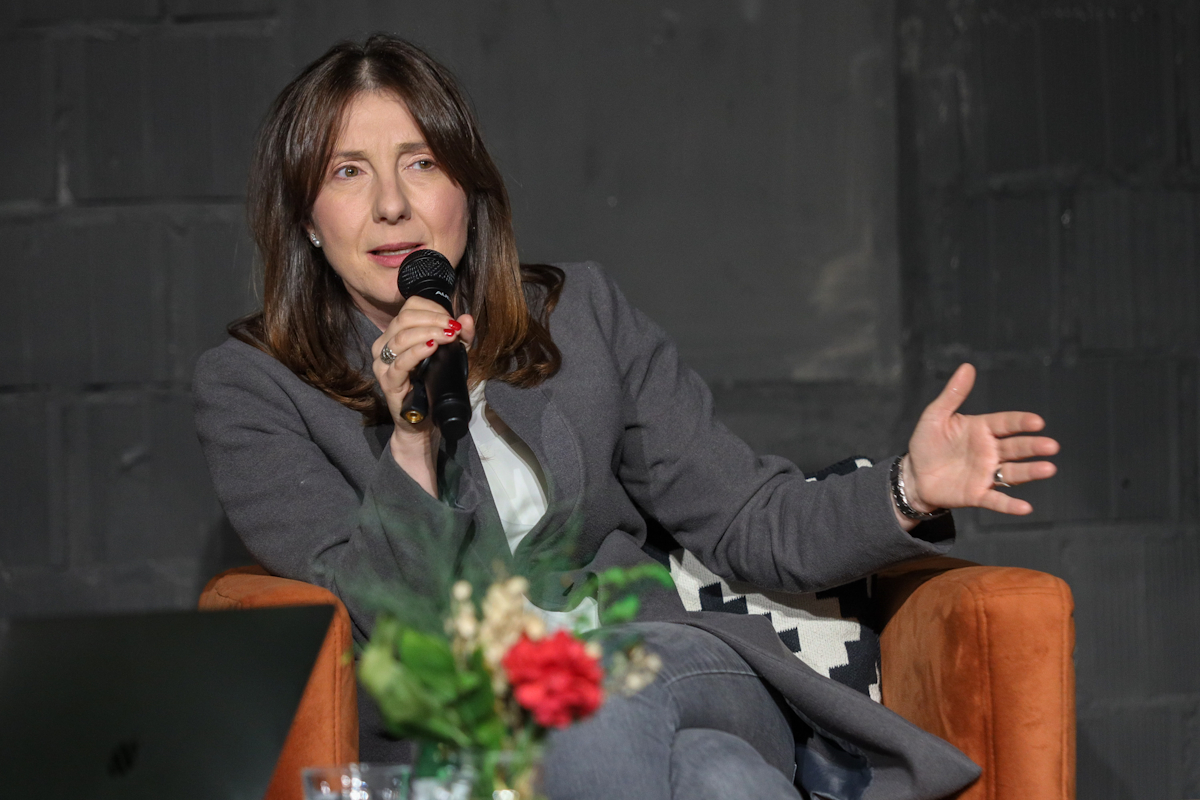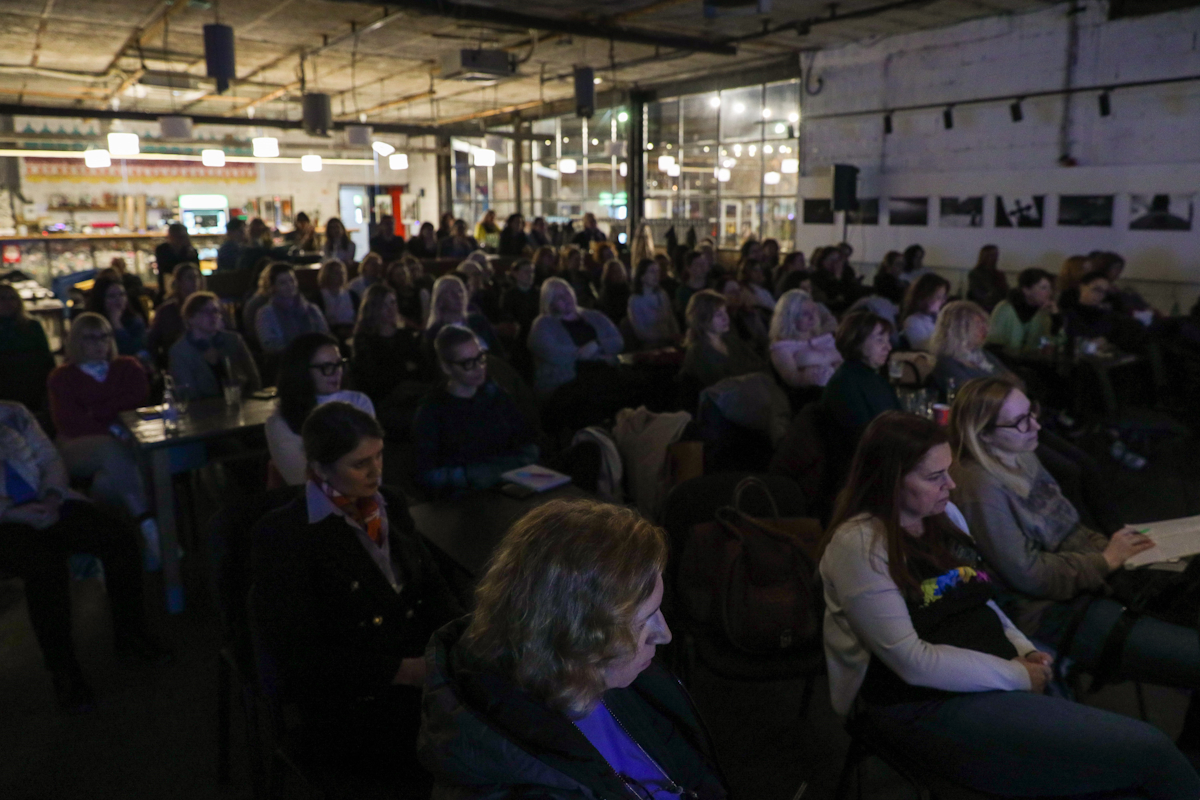The stigmatization of perimenopausal and menopausal women is noticeable in Serbia which urges paying additional attention to these topics, in order to bring about the change in the attitude towards women, and simultaneously work on raising the awareness so that this stage in a woman's life could pass with as little discomfort as possible, as concluded at the ‘A Cup of Coffee with a Psychologist’ panel session.
Prof. Dr Tamara Klikovac, psychologist and psychotherapist, has indicated that menopause includes three stages - perimenopause, menopause, and climax. As she has explained, perimenopause is the stage in which the reproductive capacity of the uterus decreases. That stage precedes menopause, which is defined as the stage when a period is absent for more than a year. According to her, women usually experience menopause between 45 and 55 years of age, but it is possible to happen even earlier. She maintains that it is important to distinguish between anxiety and the simmering sense of restlessness and tension that is characteristic of menopause, which is caused by hormonal changes. Klikovac points out that it is much more difficult for the women who had been experiencing anxiety disorders before perimenopause, including those who previously had problems with sugar, insulin resistance and Hashimoto's disease, to tolerate such hormonal changes.

Prof. Dr Tamara Klikovac, psychologist and psychotherapist
Dr Aleksandra Pikula, gynecology specialist, has stated that genetics plays a role minor than previously thought, but that the time when a woman will enter menopause and how she will cope with it will depend on both the body constitution of a woman, the psychosocial conditions in which the woman is, and the social relations in her environment. Talking about the image of a woman in society, she has stated that she does not consider Serbia a misogynistic society, but that women are still perceived as ‘archaic’, mainly through their reproductive function, and concluded that ‘when women enter menopause, they are stigmatized.’

Dr Aleksandra Pikula, gynaecology specialist
Aida Đedović, journalist, has stated that a big difference is made in the media and society when talking about the aging of men, who are said to ‘age like wine’ and the aging of women, who are described as ‘grandmas’ at this stage of life. ‘This condition is physiological, and we are all aware that it comes, that it should come and it is normal to come, but the problem is that no one talks about it, not even mothers’, said Đedović, adding that she entered menopause early and that she sought the help of a gynecologist and an endocrinologist, which is what she advises all women should do at this stage of life.

Aida Đedović, journalist
‘A Cup of Coffee with a Psychologist’ panel sessions are organized by Hemofarm Foundation in partnership with the Faculty of Philosophy of the Belgrade University, and Dorćol Platz Art Commune, and are part of the ‘Unbreakable’ campaign for fighting depression and stigma.

‘A Cup of Coffee with a Psychologist’ panel drew a full audience at Dorćol Platz